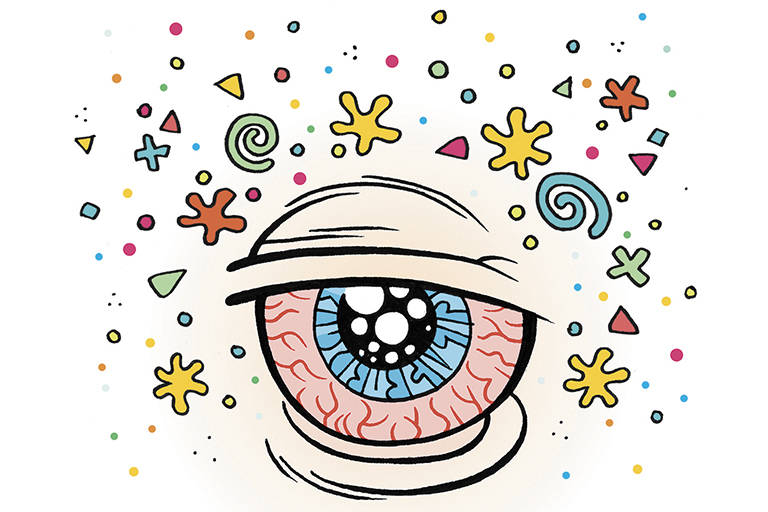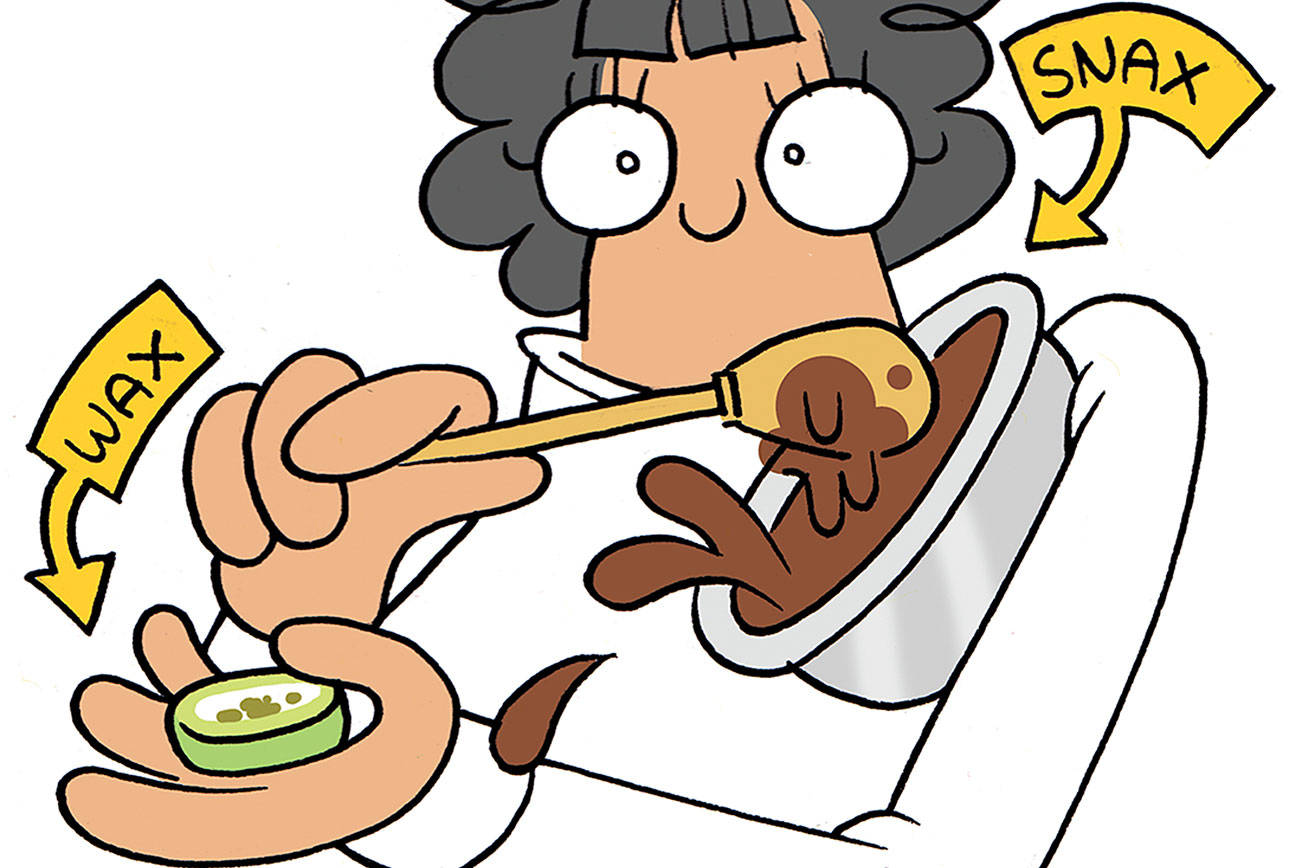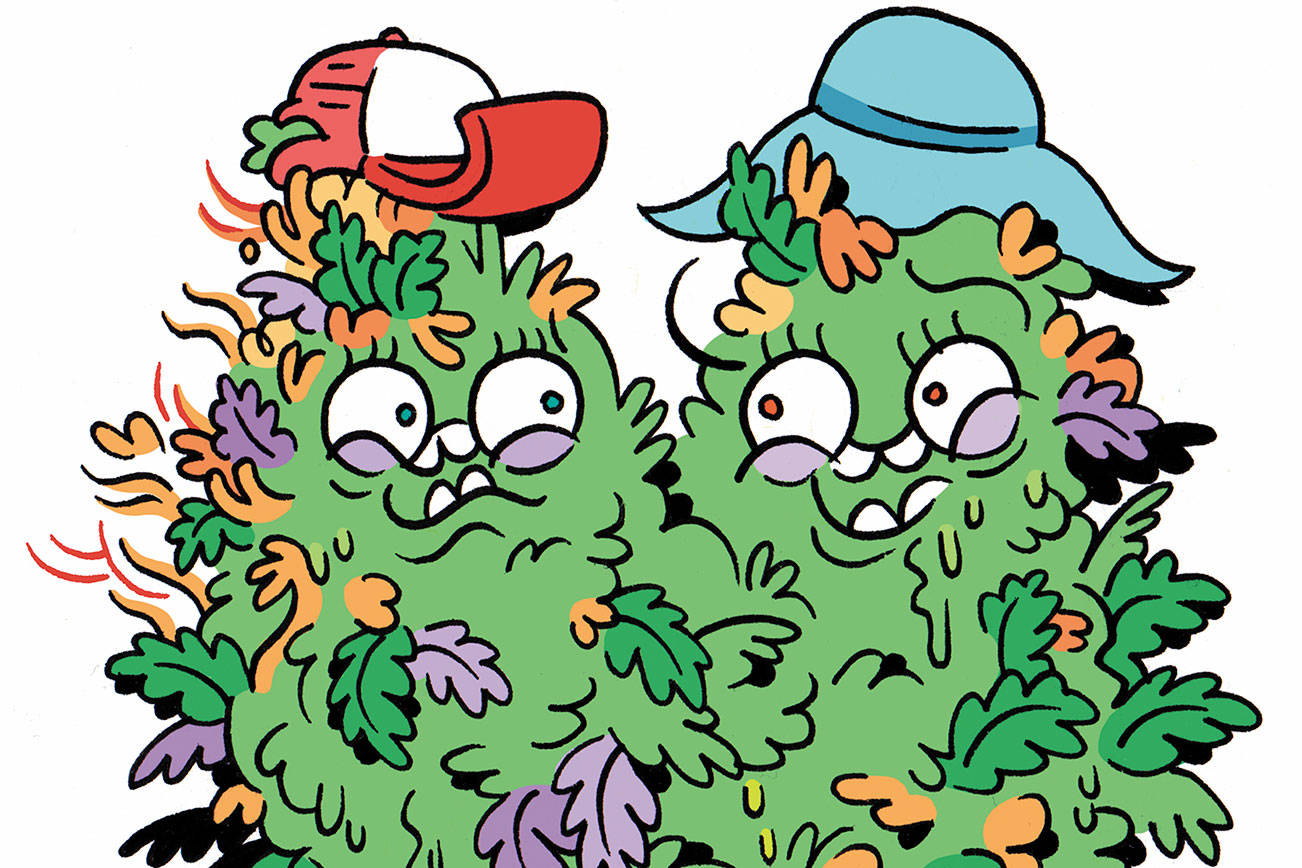Good news, stuffed-up stoners! As it turns out, cannabis could be the next treatment for your chronic, acute seasonal allergies. It all starts with cannabidiol, more commonly known as CBD.
For some time now, self-medicating folks have been aware that CBD oil works as a powerful treatment for asthma and COPD by suppressing the symptoms that lead to an attack. Now there is a paper in the journal Pulmonary Pharmacology and Therapeutics to back them up: CBD treatments have proven to stop the decrease of airway flow and make breathing easier. Further, when an allergen was introduced into the subjects, CBD oil helped control the production and behavior of mast cells—the white blood cells that freak out when an allergen enters your body and produce histamines, the part of our immune system that provide the classic effects of allergies: sneezing, rashes, itching, coughing, all the fun stuff.
Other cool stuff cannabinoids do for allergy sufferers: control inflammation, open the sinus passageways, relieve nasal pressure, manage pain, and of course induce calmness and sleep. Interesting side note: Histamine production is also kicked up when we are super-active or stressed out, but it is mellow when we are mellow, and pretty much stops when we sleep.
And remember, CBD is the compound in cannabis that does not get you high, meaning there’s no reason it can’t serve as a regular treatment for these issues. But if you have the day off, do consider the “entourage effect.” When THC and CBD work together, they both do a better, more complete job. CBD oils or edibles with as little as 3 percent THC will induce this effect without getting you mega-stoned.
I am not a health-care professional, but let me make a suggestion: If you are feeling the effects of spring already starting to kick in, consider blending some locally grown whole-plant CBD-rich oil with a hyper-local honey at a dosage level that allows you to take half a teaspoon a day. Antimicrobial and antibacterial, honey has been used as a medicine for thousands of years. Hyper-local honey is created by bees in your city, maybe even your neighborhood, and it contains the pollens you are breathing in daily and possibly reacting to. Taking small doses of honey containing these local pollens can, for some, act as an inoculation against those allergens, reducing or eliminating your reactions to them.
However: If you think you may be allergic to cannabis—it is itself a pollinating plant, after all—talk to your doctor or naturopath to make sure this is safe for you, and to get a proper dosage dialed in.
stashbox@seattleweekly.com







